Daily question: What would an independent Scotland's national security be like?
- Published
As the people of Scotland weigh up how to vote in the independence referendum, they are asking questions on a range of topics.
In this series, we are looking at those major questions and by using statistics, analysis and expert views shining a light on some of the possible answers.
Here, we focus on the issue of national security.
Do you have a referendum question? Let us know by....
Emailing newsonlinescotland@bbc.co.uk.
We can also be found on Twitter @bbcscotlandnews, external
And on Facebook, external.
BBC news website users have been sending in questions about national security, terrorism and international crime. James Baird asks: "Would an independent Scotland be in receipt of the experience and expertise of the security services such as MI5 and MI6?" Stephen Ratomski, Malcolm Garton, Mike Mitchell, Angela Reilly, Robert Bone and Charles Hallatt also ask questions on these subjects.

What is the current setup?
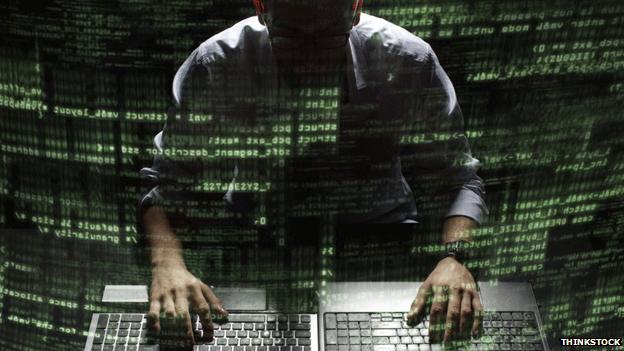
The threats to Scotland's national security are shared by the UK as a whole - this is a matter reserved to Westminster.
In the event of a "Yes" vote, this could become the responsibility of an independent Scottish government which would have to deal with four major areas of concern:
The national security risks to the country
Secret intelligence, including analysis of intercepted communications data
Combating serious and organised crime
And resilience against cyber-crime.

What would be the costs of setting up a new Scottish national security system?
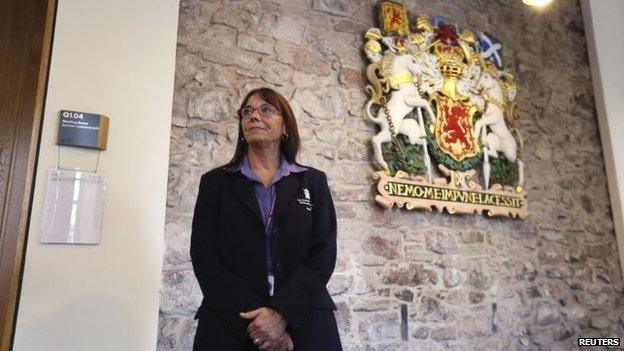
The UK government's analysis says it allocates £2bn to the security and intelligence agencies. This includes £860m spent on the National Cyber Security Programme.
The Scottish government White Paper, external has said it would spend about £206m on national security.
But the Westminster view suggests this would just be the annual running costs, and would not take into account the cost of setting up a new national security system. And while that was being established, the level of risk to Scotland would be increased.
What is more, it says Scottish national security would be more expensive to run, as it would not benefit from the economies of scale of the larger UK system.
But Scottish security experts suggest under independence, the skills and training already being utilised in the country would be available to the new security and intelligence agency, which would be ready to start work from day one.

Wouldn't an independent Scotland lose the international co-operation between the UK and its allies?
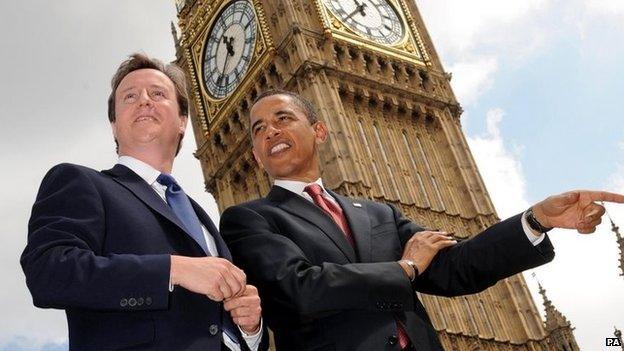
That is certainly a claim made by the UK government which points out that British participation in the "Five Eyes" community with the US, Canada, Australia and New Zealand would be lost to Scotland.
This intelligence partnership means information is freely shared between the allies - but they are not permitted to give it to other nations. And this would include a newly-independent Scotland which would need several years before it had proved itself as a trustworthy recipient of intelligence.
Supporters of independence say it would not be in the interest of friendly nations to decline to share information with Scotland.
The United States, for instance, would do so if it believed it was helpful to itself. One anti-terrorist expert said global co-operation was a key part of national security; the UK is a contributor to that, and Scotland would be as well.
He said this meant Scotland would inevitably be a beneficiary of global intelligence.

How could an independent Scotland deal with the threat of terrorism?
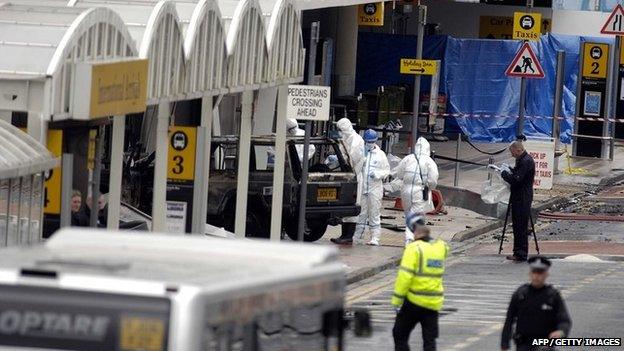
Scotland, with its already independent criminal justice system, co-operates with other nations to combat terrorism.
Police Scotland officers are on duty at ports and airports, as they were during the Troubles in Northern Ireland, while the former Strathclyde force was involved in operations in the wake of the Glasgow Airport terrorist attack in June 2007.
The UK government acknowledges Scotland would remain an important partner, but says it would lose automatic access to the resources of the UK security services and in particular GCHQ.
For its part, the Scottish government stresses co-operation with the rest of the UK would continue, as it would be in the mutual interests of each.
What is more, pro-Yes campaigners claim an independent Scotland would actually be a safer place as it would no longer be associated - in the minds of Middle Eastern radicals at least - with what they term "illegal" wars.

Would a small nation like Scotland be able to withstand the threat of international organised crime gangs?
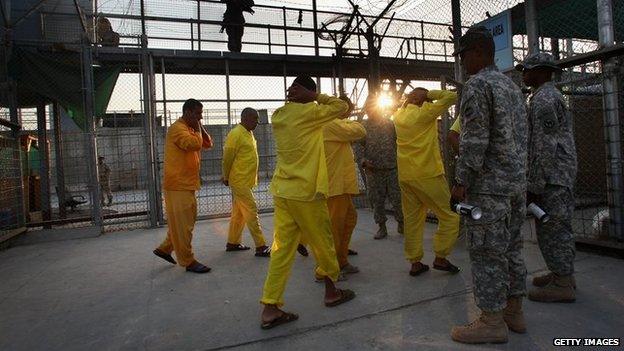
Again, co-operation is the key, with the Scottish government saying it would not be in the interest of the rest of the UK - or any other nation - to withhold information from Scotland which could lead to the disruption of international criminal activity.
But Westminster says automatic access to UK national police databases would cease - and this could hamper investigations north of the Border.
There would also be an end to cross-border pursuit of suspects between Scotland and England, which is permitted under current police legislation.
Cyber crime is a new threat to the economies of nations.
The accountants PWC estimate security breaches can cost small businesses up to £65,000 a year, with larger enterprises at risk by as much as £850,000.
The Scottish government says on independence, Scotland will already have benefitted from the investment in the UK's cyber-security programme which is due to be completed in 2016.
And it points out it plans to further utilise the skills already available in Scotland's universities in partnership with the security service, to develop the effort against cyber threats.